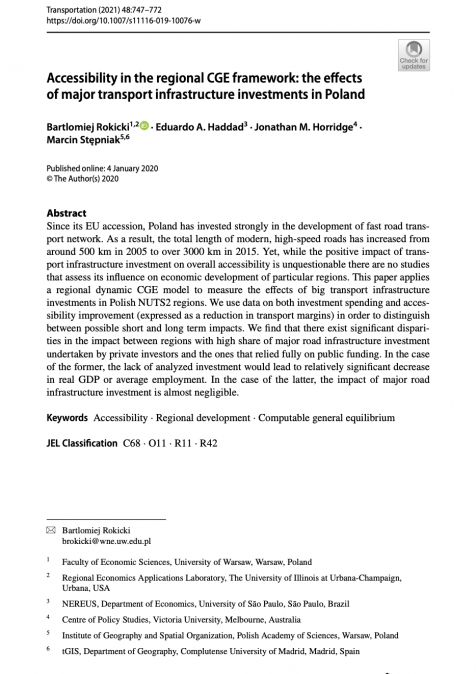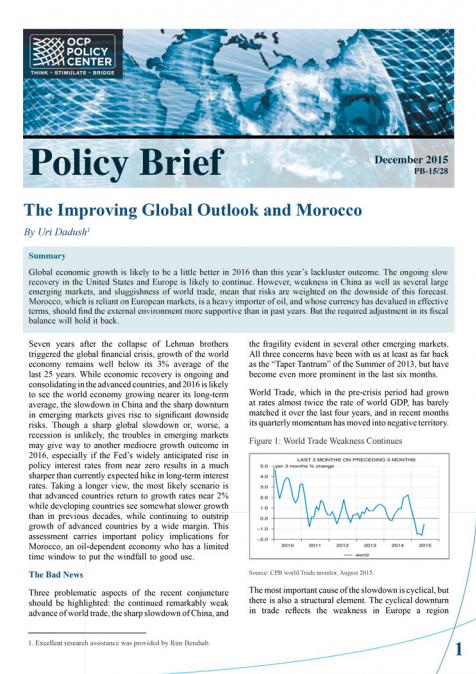On February 24, 2022, Russia launched a military action in Ukraine. This operation and subsequent events is having a global impact, with far-reaching political and economic implications. In the short term, the conflict will affect the global economy through three main channels: financial markets, commodity prices and supply chain disruptions. But in the long run, implications are complex to gauge and the West is heading to a decoupling from Russia on several fronts. This webinar aims to better understand the economic and political consequences of the war on the world and the Southern countries and their population.
- What are the major impacts to be expected regarding the spiraling of energy prices taking into account the balance of gains and losses?
- Will the crisis accentuate the world division between the two superpowers?
- Which evolutions in the European Union and its external relations?
Speakers

Abdelaaziz Ait Ali
Head - Research in Economics
Abdelaaziz Ait Ali is a principal Economist and head of the Research Department at the Policy Center for the New South. He joined the Center in 2014 after five years of experience at the Central Bank of Morocco. He worked as an economist in the International Studies and Relations Department and was analyzing the real estate price index and financial asset prices for monetary policy and financial stability purposes. Since then, Abdelaaziz has focused on cyclical and structural issues of the Moroccan economy, including macroeconomic management and industrial policy design. He has published articles on the reform of the exchange rate regime in the Moroccan economy and its implications for macroeconomic regulation, as well as on the evolution of the macroeconomic framework over th ...
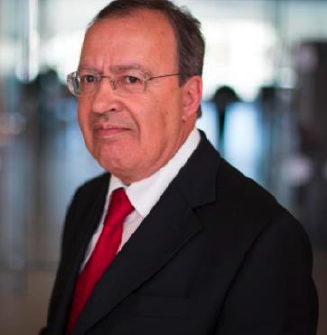
Carlos Gaspar
Senior Researcher, IPRI NOVA
Carlos Gaspar is a researcher at the Portuguese Institute of International Relations (IPRI NOVA). He studied Law and History at the Classical University of Lisbon, took a Master's degree in Political Science and International Relations at the Institut d'Etudes Politiques de Paris and holds a PhD in History and International Relations from the New University of Lisbon. He was Advisor to Presidents Ramalho Eanes, Mário Soares and Jorge Sampaio. He was an advisor to the Board of Directors of the Fundação Oriente and the Instituto de Defesa Nacional. Mr. Gaspar was also a member of the European Council on Foreign Relations and of the Real Instituto Elcano. He is Author of The Post-Cold War (2016); The Scale of Europe (2017); Raymond Aron and the Cold War (2018); The Return of Anar ...

Frank Mattheis
Research Fellow, ULB
Frank Mattheis works on governance structures beyond the nation state, chiefly in relation to regionalism. His publications and projects deal with processes of region-making/unmaking, comparative regionalism as well as North-South and South-South interregionalism. He was previously based at the Centre for the Study of Governance Innovation, University of Pretoria (South Africa) as a senior researcher, where he first coordinated a work package for the ATLANTIC FUTURE FP7-project and later carried out postdoctoral project for the German Academic Exchange Service. Prior, he was senior research fellow at the Centre for Area Studies of the University of Leipzig (Germany), first as part of the research team on “Changing Stateness in Africa”, working on the interplay between Brazilia ...
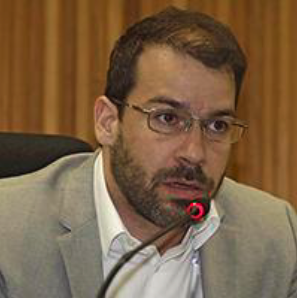
Leonardo Paz Neves
Researcher, FGV IIU
Mr. Paz Nevez is a Political Scientist who currently serves as a Researcher at the International Intelligence Unit from the Getulio Vargas Foundation and Professor at the Department of International Relations from the Ibmec College.
In addition, he has worked as Project Coordinator and Coordinator for Studies and Debates on the Brazilian Centre for International Relations (CEBRI) and together with the Civil Affairs Section of the Brazilian Joint Centre for Peacekeeping Operations (CCOPAB), from the Brazilian Armed Forces. He is also the former Executive Coordinator of the Group of Analysis on International Conflicts Prevention (GAPCon/UCAM).
He has published books such as Failed States and the Axis of Evil in North American Security Policy, Aid and International Cooperatio ...
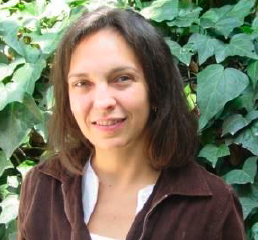
Lorena Ruano
Professor of International Relations, CIDE
Lorena Ruano is Professor of International Relations at CIDE, Mexico City, since 2003. Her research and teaching focus on European integration and relations between Europe and Latin America. She graduated from El Colegio de México and Oxford University (UK). She was Jean Monnet Fellow at the EUI (Italy).
...

Eduard Soler
Senior Research Fellow, CIDOB
Eduard Soler i Lecha is a Senior Research Fellow at CIDOB (Barcelona Centre for International Affairs). Between 2016 and 2019, he was scientific coordinator of MENARA, a European project on geopolitical shifts in the Middle East and North Africa. He holds a PhD in International Relations from the Universitat Autònoma de Barcelona. Dr. Soler i Lecha is a political scientist and a part-time lecturer in International Relations at the Institut Barcelona d’Estudis Internacionals and at Ramon Llull-Blanquerna University. From 2013 to 2017 he lead the El Hiwar project on Euro-Arab diplomacy at the College of Europe (Bruges) and in 2010 he was seconded to the Spanish Ministry of Foreign Affairs as an advisor in the Direction General for the Mediterranean, the Maghreb and the Middle Ea ...



